Dear Hadassah, Queen of purpose, Queen of risk, Queen of timing, Esther,
Purim has just passed. Just days before I decided to stay indoors as much as possible because of Covid-19, I went to an orthodox shul and heard the Megillah from a man dressed in a dinosaur onesie. He had to stop from reading every 30 seconds or so because we are commanded to hear every word, and the children were making so much noise. It was the last time I was in such a large communal space, and I am afraid times of in-person gatherings will someday become a point of nostalgia for humanity.
Esther, why is hearing the Megillah, your story, important enough that we must hear every word, even when there is not a single mention of God in the story?
And why this year did its message escort us into this isolation, this fear of and reality of sickness? Is there any meaning here?
Although people pray and fast in your story, there is no mention of God. I have always loved this about your story because sometimes my conceptualization of God can feel like a defense, or give me a fantastical sense of protection. And oftentimes in suffering, it feels like there is a miscommunication. It feels like the intelligent vibration of God and the pshat, story, level of this world are not speaking – Like they’re not grasping each other. There is a language barrier, or like God is deaf and the world only has words. One is seeing all the images and patterns, and the other speaking a simple story. They simply miss each other.
Yet, we are commanded to hear every word. The command to hear reminds me of the most well-known mantra of our tradition—Shema—Hear, Oh, Israel . . . we are to hear that “God is our God, and God is One.” Are we listening for the same thing in your story?
We say God’s name is hidden in your story, Esther—God is never mentioned by name, but hinted at. God’s name is hidden in you. It is hidden in your circumstances of being named Queen and then in the perfect position to speak up to the King for your people. It is in the holiness of your seemingly mundane, and possibly even profane position. It is hidden in your social climbing, and seeming abandonment, or concealment, of your identity Jewish, Hadassah. Did you feel God working through you? Or did you live in total uncertainty, or even guilt? Were you truly scared that you would not make a difference for your people when you approached the King?
You are the redemption in the story. Your purpose to save the Jewish people was noble and beyond essential. But, did you ever wonder why these things happen in the first place? They say God brings plagues when leaving Egypt in order to display His great power. But, couldn’t there have been another way to show power than to torture people? In your case, what is the reason of threatening people? In our case, why? I think I am just so disappointed by redemption. Nothing is truly a legitimate pay off, no ends I have seen justify these painful means.
There is now a flooding of Jewish offerings, of creativity, of prayer services online, etc. There is a profound healing of the environment. I am cautious to say anything of silver linings. Although beautiful, nothing should be compared or measured against suffering, and I do not even know how bad this may get. We don’t have to make meaning here, or twist our minds into thinking there is some reason this happened.
Maybe, at this time, you come to teach us that we can live in uncertainty. Thank you for being the one book of the Torah that does not make God into some character. Maybe we need not conceptualize God at all in order to have faith. Perhaps we can just stand raw and naked and shaking. I thank you, Esther, for not blaming, and for never giving divine reasoning to our suffering.
I ask you to be with all those who are suffering at this time,
Emily
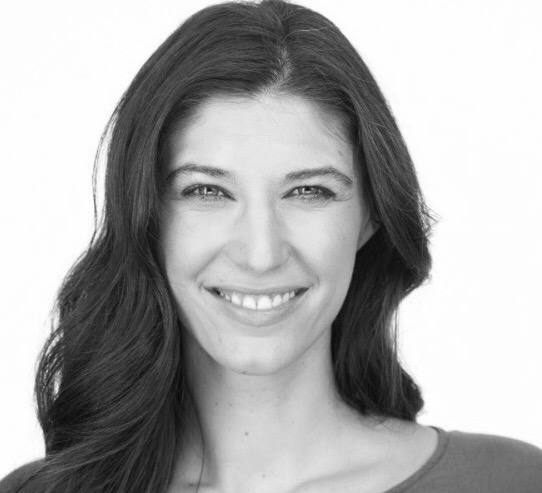








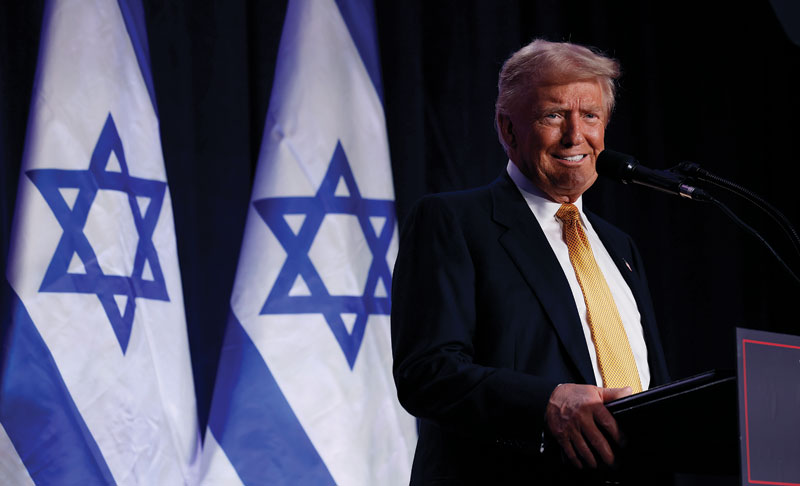

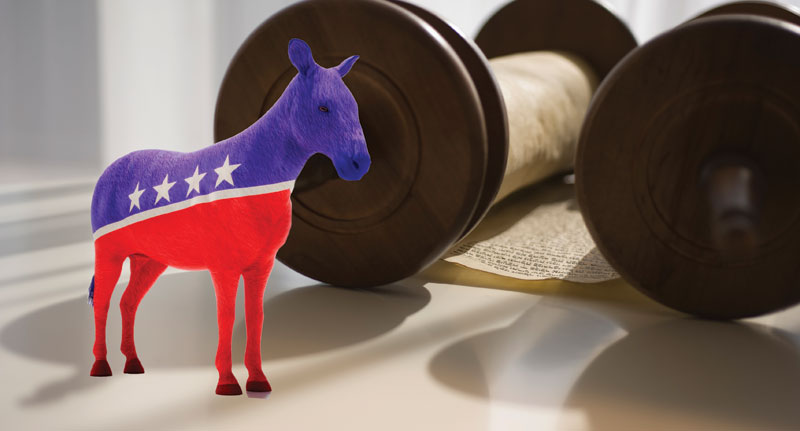
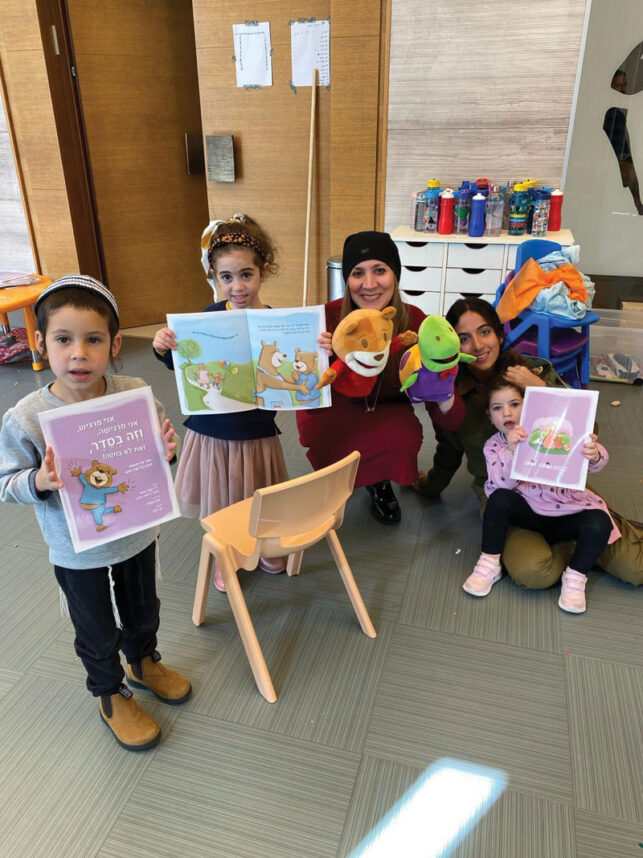


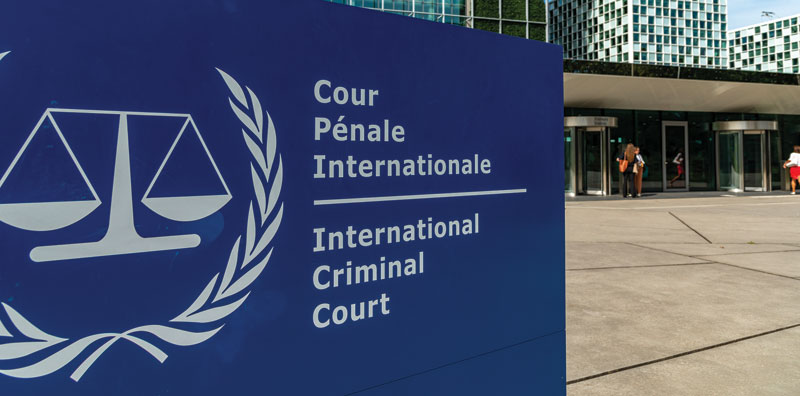







 More news and opinions than at a Shabbat dinner, right in your inbox.
More news and opinions than at a Shabbat dinner, right in your inbox.